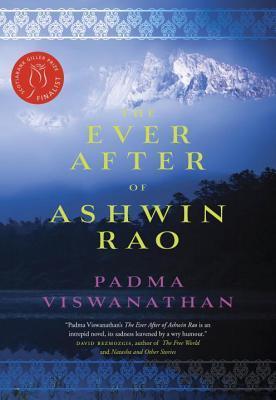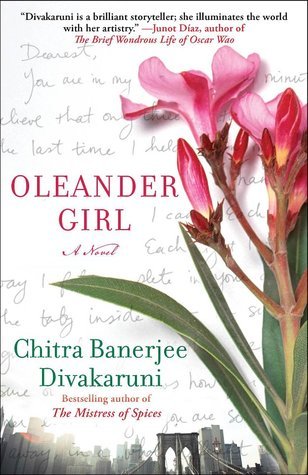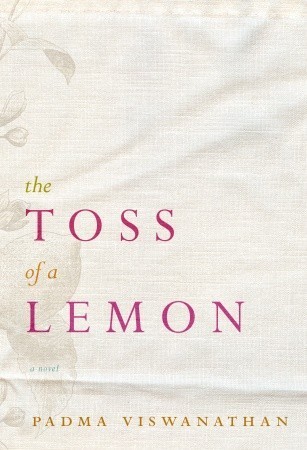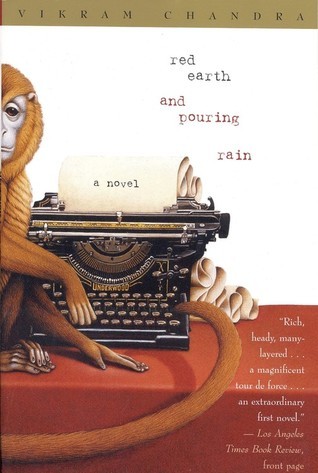
The Ever After of Ashwin Rao
Book Description
What happens when the past refuses to stay buried? In a world torn apart by loss, Ashwin Rao grapples with a haunting tragedy that reshapes his existence. As he navigates the intricate web of memories and relationships, he plunges into a fierce struggle between duty and desire, risking everything for a chance at redemption. Each encounter crackles with tension, revealing secrets that threaten to unravel the very fabric of his life. With every turn, hope and despair collide, leaving Ashwin teetering on the edge of a decision that could change everything. Can he forge a new beginning in the shadow of the past?
Quick Book Summary
"The Ever After of Ashwin Rao" follows the emotional journey of Ashwin Rao, an Indian psychologist living in Canada, as he confronts the turbulent aftermath of the 1985 Air India bombing—a real historical event. Ashwin, who lost his own family in the tragedy, returns decades later to chronicle the effects on other victims’ families. Through his interviews and personal reckoning, the novel explores themes of grief, trauma, survival, and the ripple effects of collective tragedy. As Ashwin delves into the lives of the bereaved, he is forced to confront his own pain, moral dilemmas, and the possibility of finding connection and redemption in a fractured world.
Summary of Key Ideas
Table of Contents
The Lingering Impact of Collective Trauma
Set against the backdrop of the 1985 Air India bombing, the novel opens decades after the tragedy, which profoundly altered the lives of Indo-Canadian communities and the protagonist, Ashwin Rao. Now a psychologist, Ashwin embarks on what he calls a 'study' to understand the enduring impact of the plane’s destruction. His work brings him back to Canada, where he hopes to gain insight into loss, resilience, and how survivors have coped. The narrative weaves his observations with memories, revealing the psychological scars left by such unspeakable violence.
Search for Identity and Belonging
Ashwin’s journey takes him to the homes of several families who lost loved ones—most notably the Sethuratnams, whose story grows central to the narrative. Through their experiences and his own, Ashwin confronts the unpredictable, often cyclical nature of mourning. The novel chronicles the subtle ways loss distorts family bonds and generational relationships, underscoring how grief can simultaneously isolate and connect people. As Ashwin interviews the survivors, his own suppressed sorrow resurfaces, blurring the line between observer and participant.
The Complexity of Grief and Memory
The work skillfully examines the complex interplay between personal and collective memory, questioning how communities choose to remember or forget traumatic events. Ashwin is drawn into debates around justice, cultural identity, and atonement—struggles echoed in his own interior battles. He reflects on life in the diaspora, feeling perpetually caught between Indian traditions and the realities of Canadian existence. The novel’s introspective tone mirrors Ashwin’s psychological unraveling, highlighting the sometimes futile search for meaning in senseless loss.
Reconciliation with the Past and Forgiveness
As the narrative progresses, Ashwin faces moral and emotional turning points involving both duty and forbidden desires. Encounters with key characters force him to question his professional detachment and personal allegiances. The secrets he uncovers challenge easy notions of good and evil, suggesting that every survivor is changed in complicated, sometimes contradictory ways. The tension between healing and self-destruction drives the story toward its powerful conclusion.
Intersection of Personal and Historical Tragedy
Ultimately, "The Ever After of Ashwin Rao" is a meditation on redemption—the struggle to accept the past and forge a future in its shadow. Through profound insights and nuanced characterizations, Padma Viswanathan explores whether reconciliation is possible after immense loss. The novel closes with Ashwin poised between hope and resignation, capturing both the burden of remembrance and the fragile possibility of renewal.
Download This Summary
Get a free PDF of this summary instantly — no email required.





